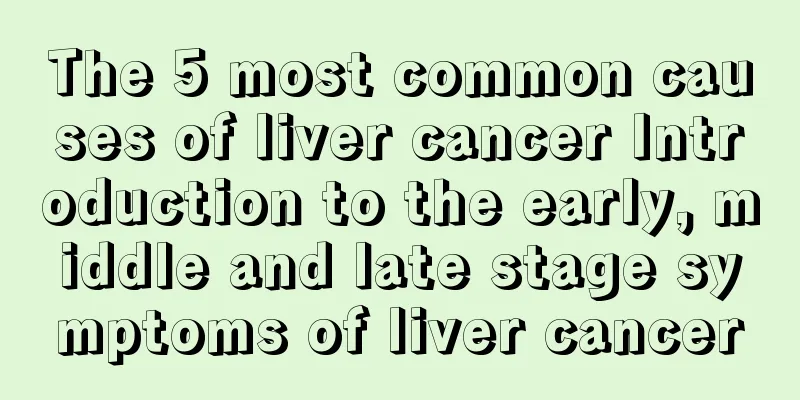What to do with bronchial bleeding? This is how it needs to be treated

|
Nowadays, people are more concerned about their health, but there are always some diseases that threaten people's health. Bronchial bleeding is one of them. Sometimes, in serious cases, bleeding may occur. People are very scared about this and are always in a hurry. In fact, as long as you understand what to do about bronchial bleeding, you don’t have to worry too much. 1. Sedation and rest: Small amounts of hemoptysis do not require special treatment, only rest and symptomatic treatment. Patients with moderate or above hemoptysis need to rest in bed, lying on the affected side or supinely. For those who are nervous, fearful and anxious, their concerns should be relieved and a small amount of sedatives can be given if necessary. Patients with severe hemoptysis due to severe coughing may be given appropriate antitussive drugs, but morphine is prohibited to avoid suffocation caused by excessive suppression of cough. 2. Strengthen nursing care and close observation: For patients with moderate or above hemoptysis, blood pressure, pulse and respiration should be measured regularly. Encourage the patient to cough gently to cough out the blood to prevent it from being retained in the respiratory tract. Keep the respiratory tract open and the bowel movements smooth. 3. Patients with severe hemoptysis should have their veins opened, blood prepared, and blood volume replenished if necessary. 4. Application of hemostatic drugs: ⑴ Posterior pituitary hormone: It can constrict pulmonary arterioles, reduce local blood flow, cause thrombosis and stop bleeding. ⑵Phentolamine: Stops bleeding by directly dilating vascular smooth muscle and reducing pulmonary arteriovenous pressure. ⑶Procaine: has vasodilation and sedative effects. ⑷Hemostatic drugs: 6-Aminocaproic acid: inhibits the activation of plasminogen into plasmin, thereby inhibiting fibrinolysis. Ethamdiol (hemostatic): enhances platelet and capillary function. Antenoxin (Anluoxue): Enhances the resistance of capillaries to damage. Vitamin K: Promotes the synthesis of prothrombin in the liver and promotes blood coagulation. Fibrinogen: It can form many fibrin monomers under the action of thrombin, which in turn form fibrin under the action of coagulation factor XII to promote hemostasis. |
<<: What to do if you have a headache due to overuse of brain? Three tips to help you
>>: It turns out there are ten symptoms of overusing your brain
Recommend
What do meridians in traditional Chinese medicine refer to
Many health clubs now offer Chinese medicine weig...
Seven maintenance matters for urinary system diseases
Urinary system diseases are common among many peo...
Choosing the right method can better treat melanoma
Melanoma is a common surgical disease. Many peopl...
How long can you live with lung cancer and brain cancer
Having brain cancer is like a bolt from the blue ...
What are the techniques for drawing blood gas?
Drawing blood gas is done by piercing the skin wi...
What toothpaste has the best whitening effect
When we communicate with others in our daily life...
5 diseases with symptoms similar to bladder cancer
There are many diseases with clinically similar s...
The scar is white in color
For some ambiguous girls, what they fear is that ...
How long does it take to cook rice in a pressure cooker
When there is no electric rice cooker at home or ...
How effective is it to wash your face with milk at night
Washing your face with milk at night has a very g...
What to do if upper lip turns outward?
If the upper lip is everted, you should pay atten...
Several methods to remove scale from a thermos
In family life, we often come into contact with t...
Can dry stool lead to rectal cancer?
Dry stool itself does not directly cause rectal c...
Will anemia cause dizziness
Anemia is a problem that many people have, especi...
Is taking a nap good for your health?
Taking a nap means making up for sleep. Many peop...









